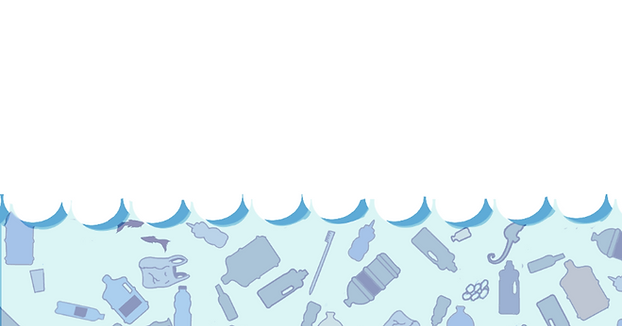dolphins and their conservation, it is essential that responsible, high quality whale watching be encouraged to succeed at the highest level.
This 48 page publication investigates and reports on the full socioeconomic value of whale watching in all the Latin American countries. On the one hand, this will help whale watch communities, boat operators, visitor centres and look-out stations to market themselves within the region and internationally for the benefit of conservation, education, science and local economies. It will also quantify for governments the real value of whale watching which will be useful in international debates in such fora as the International Whaling Commission, CMS and others. Finally, it will allow all to see the value of a sustainable ecotourism approach, as the socioeconomic benefits are clearly much greater, whilst the impact on or cost to the whales is greatly reduced.
Rationale
This project provides concrete help to Latin American countries forging their identity as a whale watch rather than a whaling region. The publication will contribute to helping whale watching and cetacean conservation within Latin America. IWC commissioners from Latin America will have something solid to look at in order to see the possibilities in their own and other countries. Countries that are not yet part of the Latin American "conservation block" will be able to see the true value of whales in neighbouring countries, which may encourage them to join.
The underlying political message of this publication is that whales and dolphins have considerable value to people in local communities – much more than does whaling. To be highly esteemed and considered by bureaucrats and others based in the region, whale watching must be able to show precise value and strong prospects for growth. Of course, there are also important contributions that this publication can make to shape whale watching by encouraging the more educational, scientific and conservation aspects.
Update
Fundacion Cethus is developing several different projects, including studying southern right whales in far south Patagonia (500 – 1000km south of Peninsula Valdes, the main nursery ground of southern right whales of the South West Atlantic). They are using photo identification of southern right whales head callosities from helicopters and estimating potential impacts on this species in the surrounding area. Fundacion Cethus continues to study Commerson’s dolphins in southern Patagonia and this year began a project on acoustics to determine potential impacts on the dolphins. Fundacion Cethus goes on doing genetic studies to determine the impact caused by gillnets in the south of Argentina on Commerson’s dolphins. They are also studying is the most threatened species of Latin America - “Franciscana” or the La Plata River Dolphin. Working in the Rio Negro estuary in Northern Patagonia, their objective is to reduce bycatch, educate local communities and to study the acoustics of Franciscana since very little is known on this species.
Regarding other issues, Fundacion Cethus is still working on the IWC and CITES as part of the Argentine delegation and works to strength the cooperation among Latin American countries on the conservation of whales and dolphins.

Fundacion Celthus
Report on the State of Whale Watching in Latin America
Global Ocean continued to support Fundacion Celthus by funding the report 'The status of whale watching activity in Latin America'. The report was written with Erich Hoyt and it was presented at the 2008 IWC Annual Meeting in Santiago de Chile.
Introduction
Whale watching – commercial tours to see whales, dolphins and porpoises – have expanded dramatically in recent years, with a 12.1% average annual growth rate through the 1990s (Hoyt 2001). As of 2000, an estimated 10 million people were going whale watching in 87 countries and overseas territories, spending $1.25 billion USD. Rough estimates for 2007 are that 12-15 million people are now going whale watching, spending at least $1.5 billion USD.
Whale watching is an important alternative to whaling, earning significant sustainable income to local communities. Whale watching provides a strong incentive for communities and countries to maintain healthy populations of cetaceans. Whale watching at its best also offers a comprehensive suite of other values: notably educational, scientific and conservation values which can be even more valuable long-term than the substantial tourism receipts. For the Future of whales and





